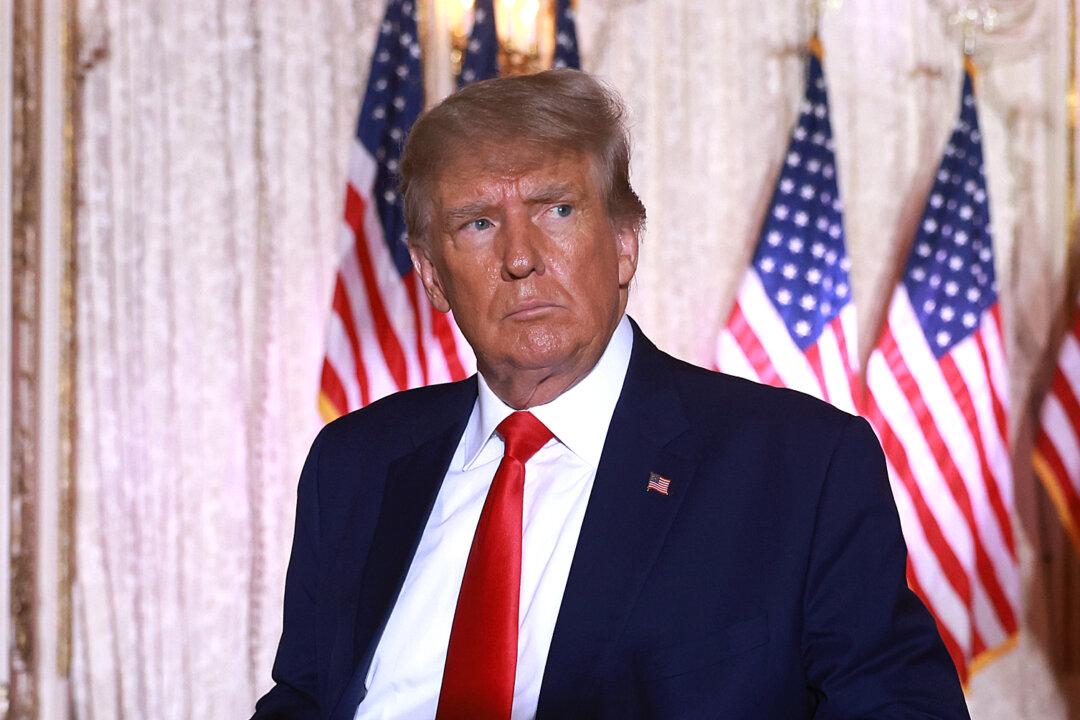Former President Donald Trump said on Jan. 5 that if he’s successful in his bid for the presidency in 2024, he will order the U.S. military to crush Mexican drug cartels and show them “no mercy.”
Trump made the announcement as President Joe Biden was preparing to make his first visit to the U.S.–Mexico border since taking office.





